activities
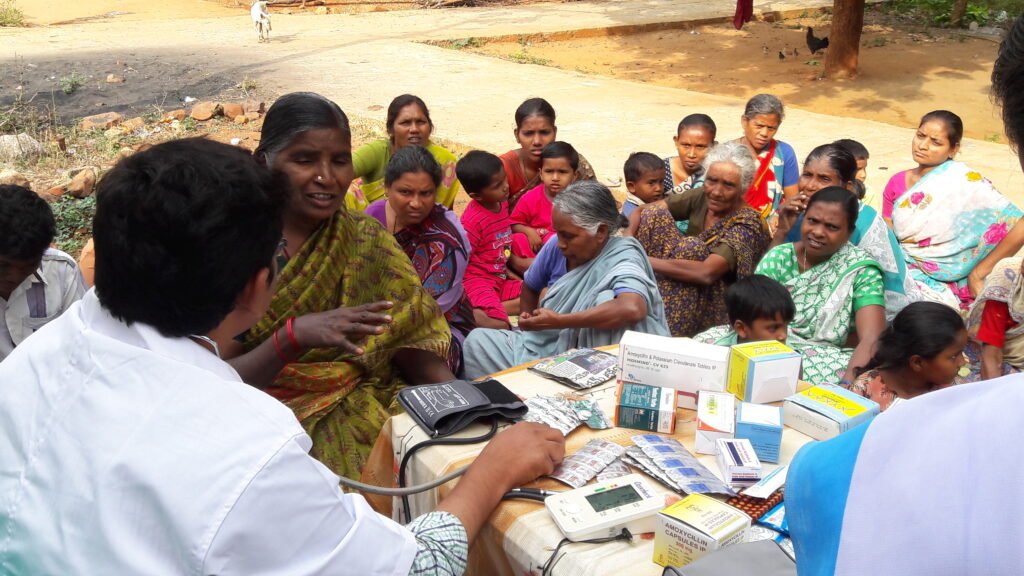
FREE HEALTH CAMPS
Free medical camps are organized with the noble purpose of raising awareness among the nation’s underprivileged citizens, who lack access to basic medical treatment and are unaware of the illnesses they are afflicted with. Therefore, medical camps offer unlucky people free medical advice and medication, as well as referrals for specialized care or surgery when needed.
These camps ensure that individuals receive healthcare at the appropriate time and visit a doctor before a minor health issue worsens.
Free Eye Checkup Camp:
- Free eye exams: Many organizations offer free eye exams to people who cannot afford them. This could be a good option for people who are uninsured or who have a low income.
- Free eyeglasses: Some organizations also provide free eyeglasses to people in need. This can be a lifesaver for people who cannot see well without glasses.
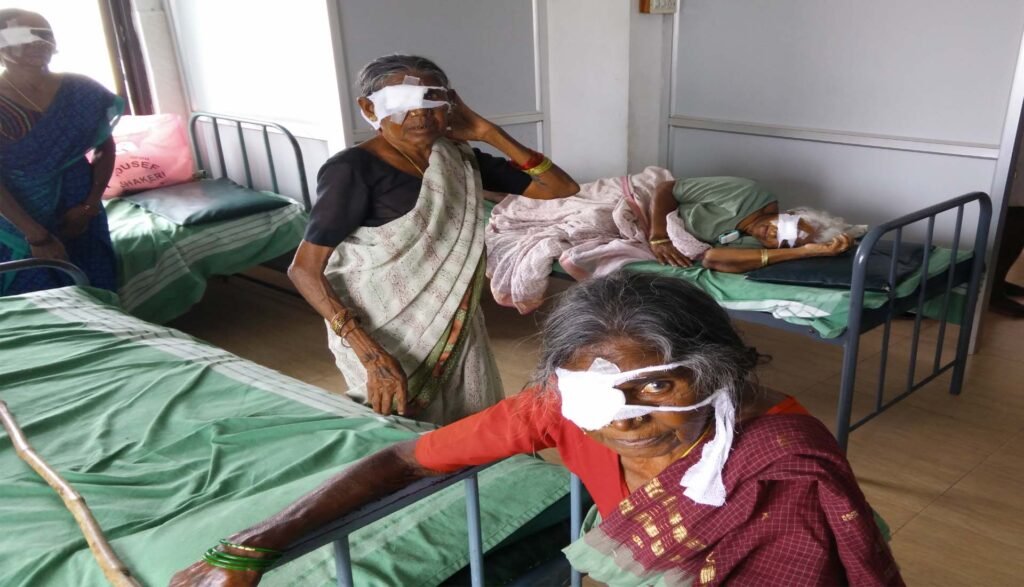

OLD PEOPLE WELFARE PROGRAMME
Poverty Alleviation Programs:
Microfinance: Providing small loans to entrepreneurs and low-income families to invest in income-generating activities and break the cycle of poverty.
- At Free Eyes Comp, we believe that everyone deserves clear vision without having to worry about the cost. Our mission is to provide affordable eyewear solutions to individuals who may not have access to traditional eye care options or struggle with high expenses.
DISTRIBUTION OF EDUCATIONAL MATERIAL TO POOR STUDENTS
Access to education: Educational materials like textbooks, notebooks, pens, and even digital devices are often out of reach for students from low-income families. Providing them with these resources removes a significant barrier to education.
Improved learning outcomes: Having access to proper materials enhances students’ engagement in the learning process, leading to better understanding, retention, and academic performance.
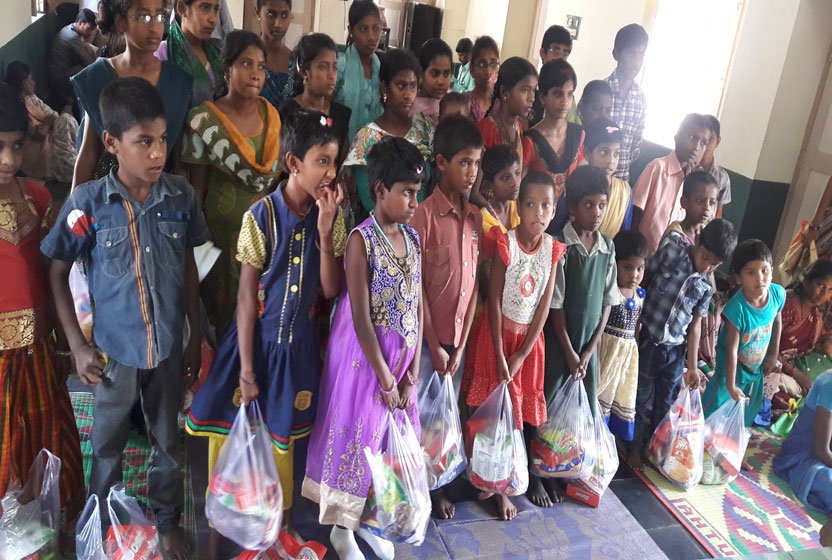
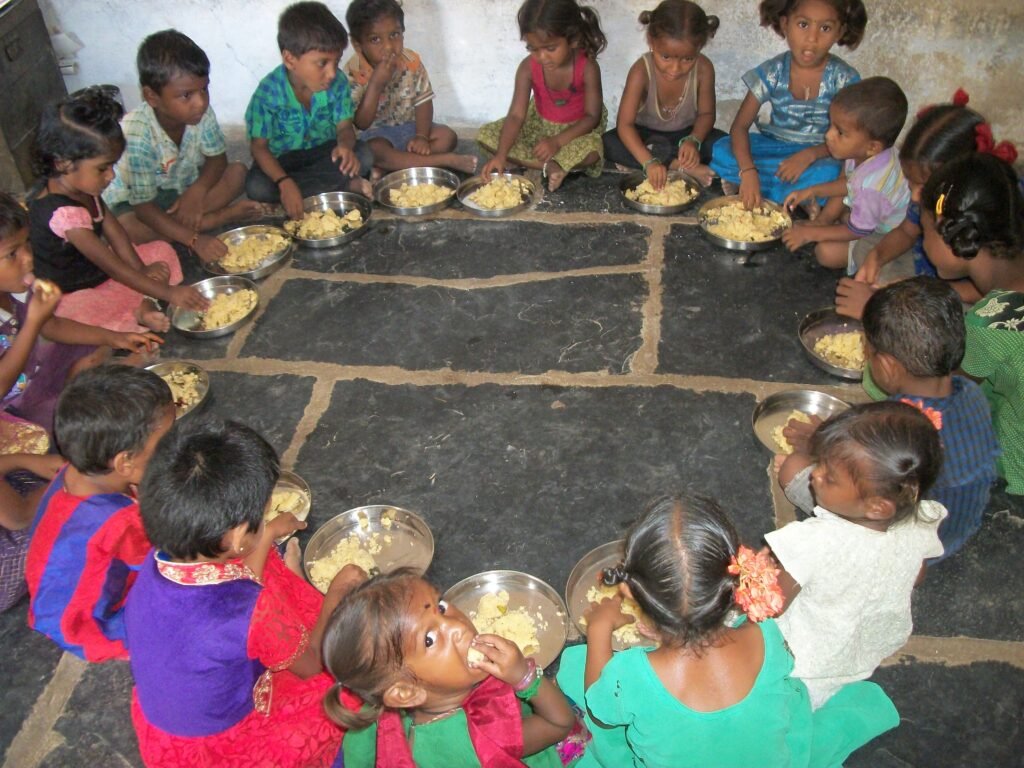
SUPPLY OF NUTRITION PROGRAMME
School Feeding Programs:
- Provide schoolchildren with regular meals or snacks during school hours to address hunger and improve learning outcomes.
- Can involve distributing cooked meals, fortified snacks, or even take-home rations for families facing food insecurity.
Supplementary Feeding Programs:
- Target specific vulnerable groups like pregnant and lactating mothers, young children, and the elderly with tailored nutritional supplements.
- To obtain a range of vitamins and minerals, try eating a variety of meals. Foods that naturally are nutrient-rich include fruits and vegetables. Nutrient-dense foods include lean meats, seafood, whole grains, dairy, legumes, nuts, and seeds.
DISTRIBUTION OF ESSENTIAL GOODS
Food: wholesome basics to offer vital nutrition and nourishment, such as grains, legumes, veggies, and fruits
Water: Drinking water that is both hygienic and safe to use.
Poverty and income inequality: Lack of financial resources can severely limit access to essential goods, particularly for vulnerable populations.
Remember, even small actions can make a difference. Supporting local charities, volunteering your time, or advocating for policies that promote equitable access are all steps towards a more just and sustainable world.
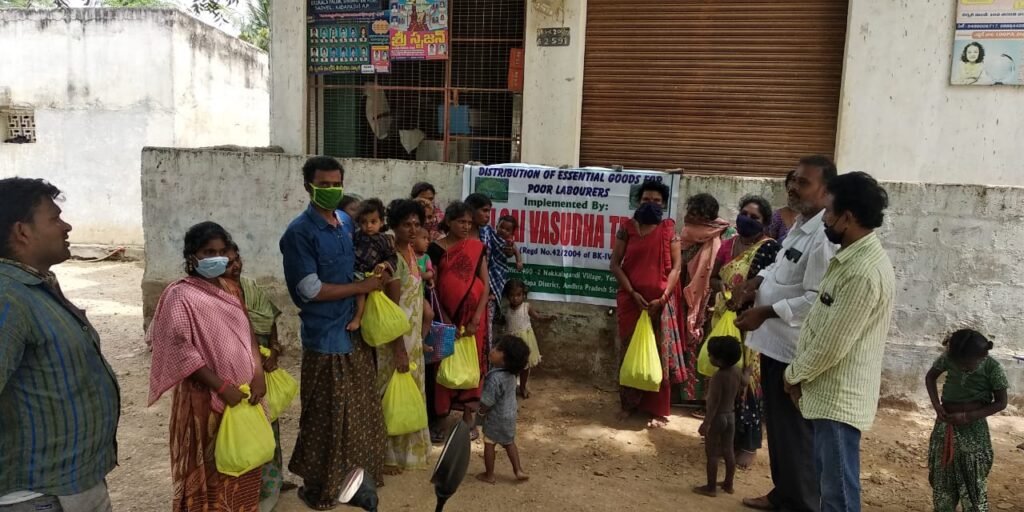
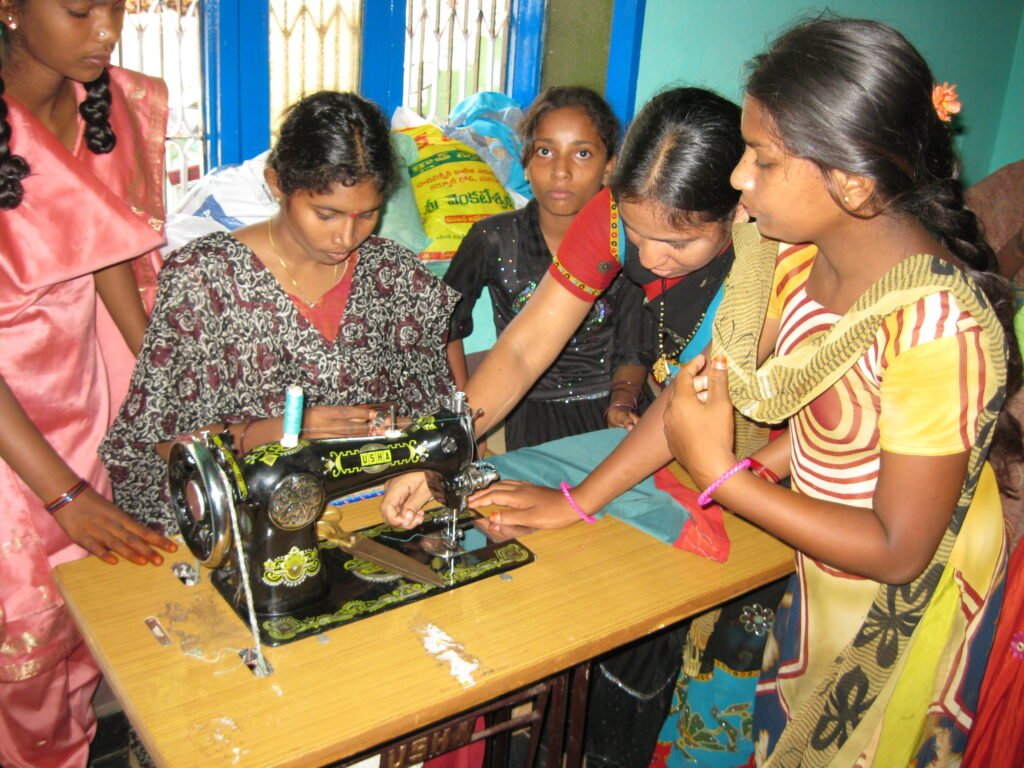
VOCATIONAL TRAINING
Patternmaking and draping: Creating patterns from scratch or modifying existing ones to fit individual bodies.
Vocational training is a type of education that prepares people for specific careers or trades. It is often hands-on and practical, and it can be offered at a variety of levels, from high school programs to post-secondary colleges and universities.
Benefits of vocational training:
There are many benefits to getting vocational training, including:
Increased job opportunities: Vocational training can help you qualify for jobs that are in high demand and that offer good salaries.
Patternmaking and draping: Creating patterns from scratch or modifying existing ones to fit individual bodies.
DISTRIBUTION OF CLOTHES TO POOR PEOPLE
- One such program that tries to give clothing to individuals in need is the distribution of clothing to the impoverished.
- The problem of poverty and limited access to needs is addressed by this initiative.
- By giving away clothing to people who cannot buy it, it enhances their dignity and quality of life. The project also contributes to waste reduction by recycling and reusing clothing that would otherwise wind up in landfills.
- All things considered, giving clothing to the impoverished is essential to helping those in need and building a more just society.
- An important program that attempts to give those in need access to basic essentials is the distribution of clothing to the impoverished. Through this service, access to clean, usable clothing is ensured for those who cannot afford new clothes.
- is project assists in closing the gap between people who have extra clothing and those who don’t by planning and executing the distribution and gathering of donated items.
- Gently used clothing is collected from people and groups, sorted, and organized before being distributed to people in need via outreach initiatives or special venues.
- In addition to meeting the immediate need for clothing, this initiative fosters compassion and a sense of community as people band together to support one another.
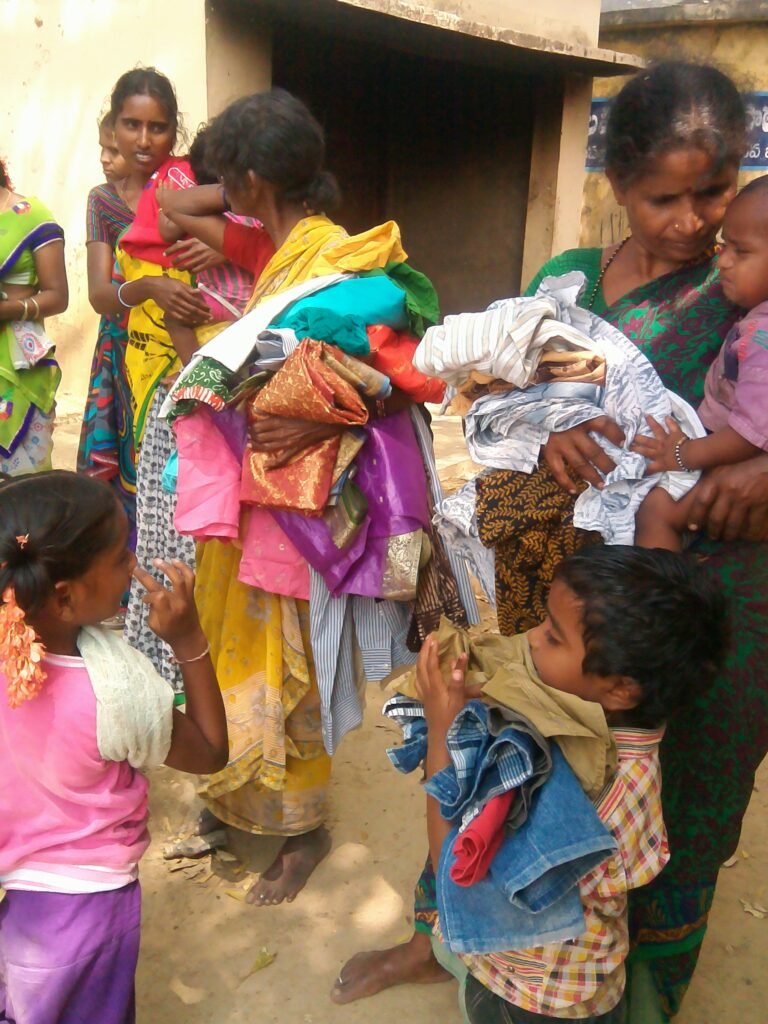
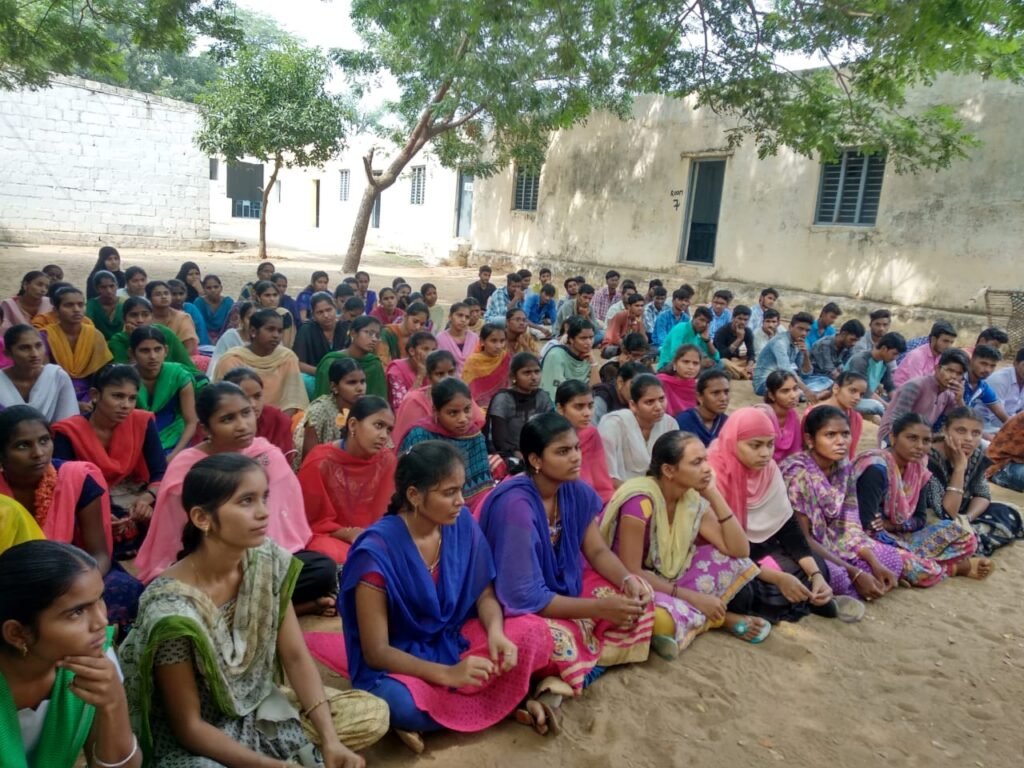
Youth Awareness Programme
- Youth awareness programmes are initiatives that aim to educate and inform young people about important topics.
- These programmes often cover a wide range of subjects, including health, safety, and social issues. By providing young people with knowledge and resources, these programmes empower them to make informed decisions and take control of their lives. They also help to develop critical thinking and problem-solving skills, which are essential for navigating the challenges of adulthood.
- Through interactive workshops, presentations, and discussions, youth awareness programmes create a supportive and engaging learning environment for participants.
- Programs for raising youth awareness are essential for educating the next generation about significant concerns
